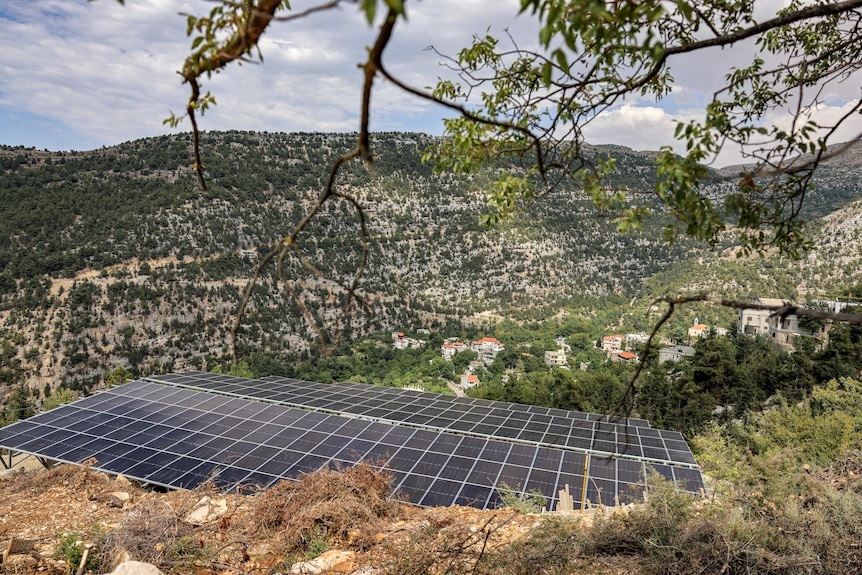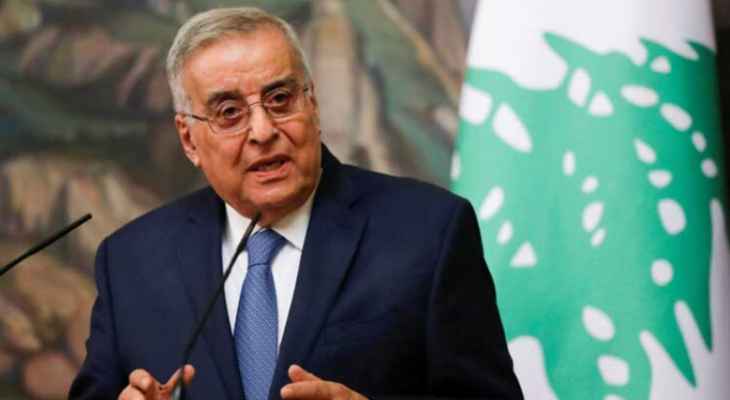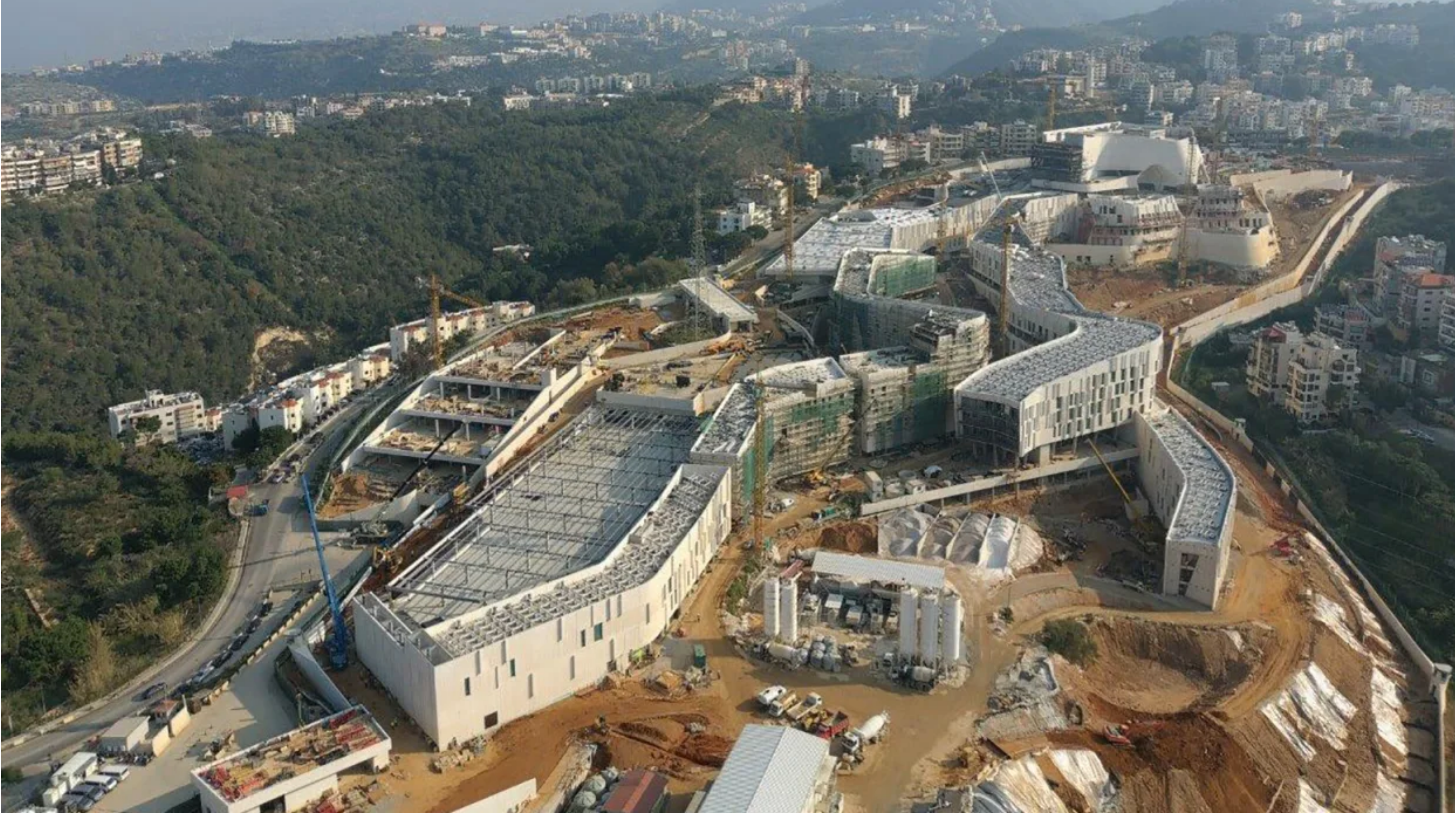by reuters — The Lebanese army said on Saturday it had arrested a prominent al-Qaida leader in Deir Ammar town, northeast of the city of Tripoli. The army identified the arrested man only as “T.M.” and said in a statement that the arrest took place on Friday. “T.M. is one of the most prominent leaders […]

By Victor Dey — venturebeat.com — According to a recent survey conducted by automation software firm UiPath, a substantial majority of workers (approximately 60%) believe that AI-powered automation solutions can mitigate burnout and significantly improve job satisfaction. Moreover, 57% of the respondents expressed a more positive perception of employers that integrate business automation to support their employees and streamline operations than of employers that do not, reflecting their favorable attitude towards such practices. As workloads intensify, 28% of individuals report taking on extra responsibilities due to layoffs or hiring freezes. A full 29% of workers worldwide experience burnout. This is fueling an escalating dependence on AI tools for alleviation.
These factors are contributing to the emergence of what has been called the “automation generation” — professionals who proactively adopt automation and AI to enhance collaboration, foster creativity and boost productivity, regardless of age or demographic. These individuals actively seek technologies that enhance their professional and personal lives, as they strive to avoid feeling dehumanized. One of the survey’s primary revelations is that 31% of respondents actively employ business automation solutions in their workplaces. The automation generation subgroup believes they have the resources and support they need (87%) to carry out their responsibilities effectively. Furthermore, 83% of these workers believe that business automation solutions can effectively mitigate burnout and enhance job satisfaction. “With more than half of respondents stating they believe automation can address burnout and improve job fulfillment, it is clear that AI-powered business automation technology is already positively impacting business and technical workers and helping them to reduce time spent on repetitive tasks and focus on more critical and gratifying work,” Brigette McInnis-Day, chief people officer at UiPath, told VentureBeat.
By Riva Gold, Editor at LinkedIn News — Google will delete inactive accounts starting in December, it announced in a blog post. In a new policy, any accounts that haven’t seen “activity” in two years — such as reading or sending an email — will be permanently deleted to help prevent spam and identity theft. […]

By Laure Delacloche — BBC — Sonia Constantin’s fridge and water boiler are plugged in. Sitting on her sofa with her sister, she appreciates the rediscovered comfort of her home in Beirut, Lebanon’s capital – now fully supplied with electricity. A Lebanese professor of educational sciences, Constantin decided to invest $6,500 (£5,140) of her savings in nine solar panels and a battery last September. “We are not looking for a life of luxury, we simply want dignity,” she tells me. The investment allowed her to unsubscribe from the privately owned diesel-powered generators which supply power to most households in Beirut. “I have since resumed a normal life: I can charge my phone whenever I want.”
Lebanon’s national grid has struggled to meet the population’s full electricity requirements since the country’s civil war began in 1975, forcing consumers to rely on expensive neighbourhood generators to fill the gaps. The civil war ended in 1990 but the grid problems continued. The state provider, Electricity of Lebanon (EDL), ceased supplying power altogether in 2021, when it ran out of fuel, plunging the country into near total blackouts. In Beirut, the blackouts continued for over a year and a half, with EDL only able to provide electricity for an average of 3-4 hours per day.

by al-monitor.com — BEIRUT — The death of a Lebanese man in Emirati custody earlier this month has sparked controversy in Beirut, as his family attempts to retrieve the body while United Arab Emirates (UAE) officials deny any wrongdoing in the case. The spat led to a call between the foreign ministers of Lebanon and the United Arab Emirates over the weekend. This past March, UAE authorities arrested Lebanese citizen Ghazi Ezzedine, 55, along with eight other people including his two brothers, on unknown charges, according to the human rights organization Amnesty International. Local reports say Ezzedine died in police custody on May 4 and was buried in the UAE. The family was only notified days later after his son, Fadel, was asked to identify his body at a cemetery in the UAE. He was only allowed to see his father’s face, while the body was kept covered.
The case of Ezzedine, a Shiite who had been working in real estate in the Gulf nation for 30 years, raised questions about the circumstances of his death. In a statement last week, a committee of family members of Lebanese citizens detained in the UAE claimed that Ezzedine died under torture. “If it is found that his death was indeed unlawful, they must ensure that all those suspected of torture and unlawful killing, including those with command responsibility, are held accountable,” Sima Watling, a researcher with Amnesty International, told The Associated Press last Friday. For its part, the Euro-Mediterranean Human Rights Monitor called for an “immediate and transparent investigation” into the death of Ezzedine. “The UAE authorities had previously been involved in the illegal detention of foreigners, investigating them and detaining them in inhumane conditions, subjecting them to psychological and sometimes physical torture, and deporting them from the country under broad and unfair security pretexts,” Euro-Med Monitor added in a press statement released last Thursday.
By Saundra Latham, Editor at LinkedIn News — What’s a lonely person to do in modern times? Google how to find friends, of course. Loneliness-related searches including “where to meet people” spiked in the past week, according to the search giant. The trend underscores a Surgeon General report describing an “epidemic of loneliness” affecting half […]
By Saundra Latham, Editor at LinkedIn News –– It’s official: Twitter has a new CEO. Linda Yaccarino, head of global advertising and partnerships at NBCUniversal, will take over the top job from Elon Musk, who acquired Twitter in October for $44 billion. Musk confirmed Yaccarino’s hiring Friday, saying she will “focus primarily on business operations, […]
khazen.org offers its condolences to a Hero, amazing patriot Minister Sejaan Azzi. He will be greatly missed. We would wait for his analysis every week. by today.lorientlejour.com — BEIRUT — Former Lebanese Labor Minister Sejaan Azzi died on Thursday at the age of 71 after a long illness, people close to him told L’Orient-Le Jour. […]

By Nadeen Ebrahim, CNN –— A massive new US embassy complex in Lebanon is causing controversy for its sheer size and opulence in a country where nearly 80% of the population is under the poverty line. Located some 13 kilometers (about 8 miles) from the center of Beirut, the US’ new embassy compound in Lebanon looks like a city of its own. Sprawling over a 43-acre site, the complex in the Beirut suburb of Awkar is almost two-and-a-half times the size of the land the White House sits on and more than 21 soccer fields. Many Lebanese on Twitter questioned why the US needs such a large embassy in their capital. Lebanon is smaller than Connecticut and has a population of just six million. Few American tourists go to the country as the State Department has placed it on the third highest travel advisory level, but it does have a sizeable population of Lebanese American residents. “Did the US move to Lebanon??” tweeted Sandy, a social media activist. “Maybe you’ll have enough room to work on all those pending visa applications,” tweeted Abed A. Ayoub, national executive director of the American-Arab Anti-Discrimination Committee, responding to the grandiosity of the new complex.
Lebanon’s soul has been eviscerated by its financial crisis. Not even the children want to play Computer-generated images published by the embassy show an ultra-modern compound, hosting multi-story buildings with high glass windows, recreational areas, and a swimming pool surrounded by greenery and views of the Lebanese capital. The compound includes a chancery, representational and staff housing, facilities for the community and associated support facilities, according to the project’s website. From the pandemic to the 2020 Beirut blast, Lebanon has been assailed by a number of crises that have left its economy in ruins. Many Lebanese are unable to afford basic commodities, including food, medicine and electricity. “Let them eat concrete,” another user tweeted. Plans for the embassy complex were announced in 2015 and it is reported to have cost $1 billion.
By Cate Chapman, Editor at LinkedIn News — The Biden administration proposed a rule Wednesday that would bar federal agencies from using salary history to set the pay of full-time workers. Experts argue that using this history to determine compensation has perpetuated inequity — effectively anchoring workers to lower-than-average pay throughout their careers. Because the […]



